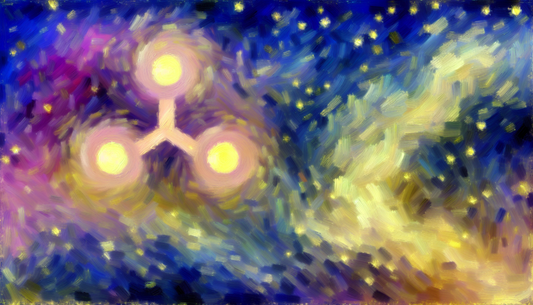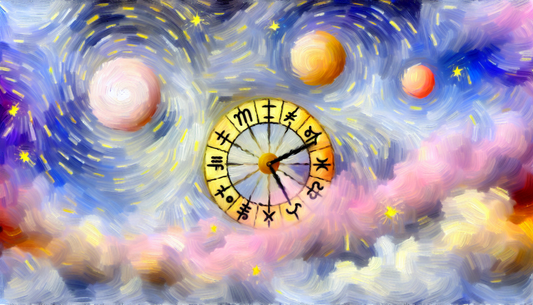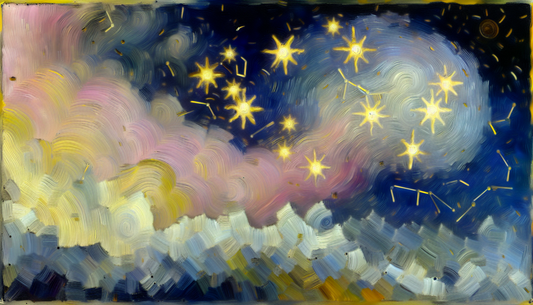Astrology has a long-standing allure, captivating millions with its promise of insights into personality, destiny, and relationships based on celestial positions at the time of birth. However, despite its popularity, the scientific community often regards it with skepticism. To unpack this complex relationship between astrology and science, understanding the stance of scientists can provide deeper insights into the credibility and value of astrological practices.
Historical Context of Astrology
Astrology has roots that extend back thousands of years, intertwining with the ancient civilizations of Babylon, Egypt, and Greece. Initially, astrology was not seen as distinct from astronomy; both fields stared into the night sky to make sense of humanity’s place within it. This unity meant that many historical figures, including mathematicians and philosophers, contemplated celestial phenomena and their influence on Earthly events. As time progressed and the scientific revolution unfolded, the separation of astrology from astronomy became increasingly pronounced. This shift marked a pivotal moment in the relationship between these two fields.
The Scientific Method and Astrology

At the heart of the scientific community’s skepticism is the scientific method, which requires hypotheses to be tested under controlled conditions, leading to reproducible results. Astrology, however, has consistently struggled to meet these rigorous standards. While astrologers may claim that cosmic patterns correlate with human behavior or events, such assertions have not held up under scientific scrutiny. Numerous studies have attempted to examine whether astrological predictions can be verified and, more often than not, the outcomes reveal no statistical significance. For instance, well-documented experiments have shown that the accuracy of astrological charts is not better than chance, prompting scientists to label astrology as a pseudoscience.
Psychological Aspects of Astrology
Despite the scientific dismissal, astrology remains a resilient practice, and part of its appeal lies in the human psyche. Astrology offers individuals a personalized narrative, helping them make sense of their lives and decisions. This could partly explain why people find immense value in horoscopes, natal charts, and astrological insights. Psychologists like Carl Jung recognized this aspect, emphasizing the role of archetypes and symbols in understanding human experience. He argued that astrology might serve as a tool for introspection rather than as a predictive science.
Astrology's Cultural Impact
Globally, astrology continues to shape culture, spirituality, and even personal identity. From say, the rise of astrology apps that have made birth charts accessible to the masses, to New Age movements incorporating astrological wisdom alongside other esoteric practices, it reveals that astrology fulfills a deep-seated need for meaning in an increasingly complex world. People often turn to astrology during tumultuous periods, looking for guidance, solace, and a sense of control over their lives. Such cultural significance begs the question of whether its therapeutic benefits outweigh the scientific critiques.
Bridging the Gap: Science and Astrology
While the scientific community tends to perceive astrology through a lens of skepticism, there is also interest in the potential psychological benefits it may provide. Some researchers argue for a more nuanced perspective, exploring the value of astrology as a cultural phenomenon that reflects broader sociological trends. This approach could lead to dialogue between both worlds, considering how astrology can serve as a bridge between spirituality and personal exploration.
Conclusion: Navigating Your Path
Astrology continues to be a topic of intrigue and debate. Whether perceived as a pseudoscience or a meaningful cultural phenomenon, it appears that astrology fulfills more than just a spiritual role; it serves as a mirror reflecting humanity's quest for understanding and connection. While the scientific community largely remains skeptical, the personal significance attributed to astrology cannot be dismissed. For those interested in astrology, finding a balance between scientific perspectives and personal beliefs may lead to a richer understanding of both ourselves and the universe we inhabit.















